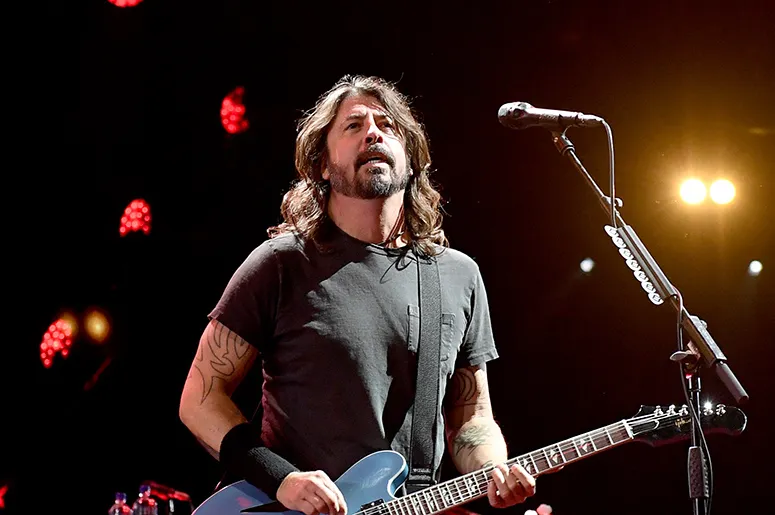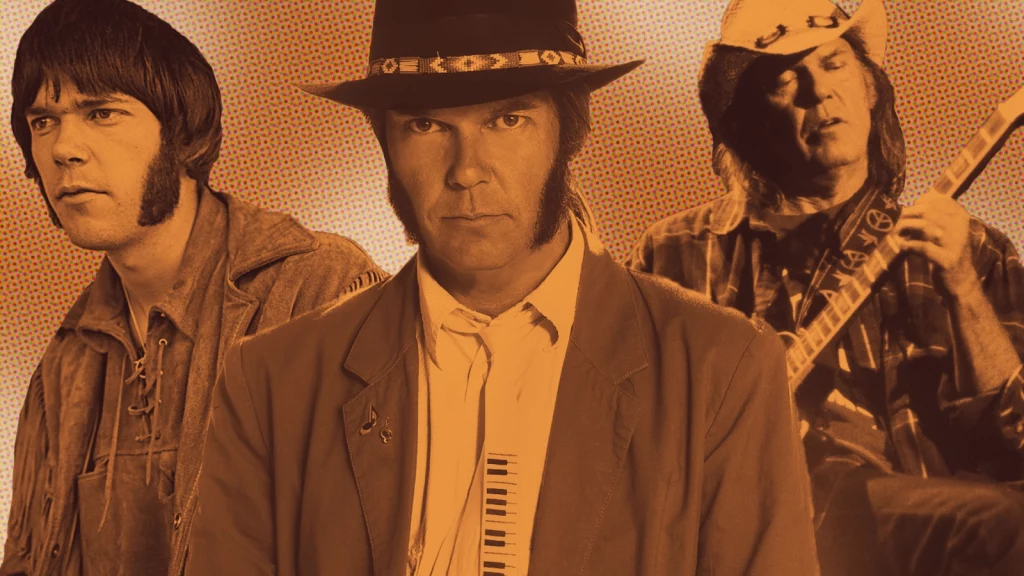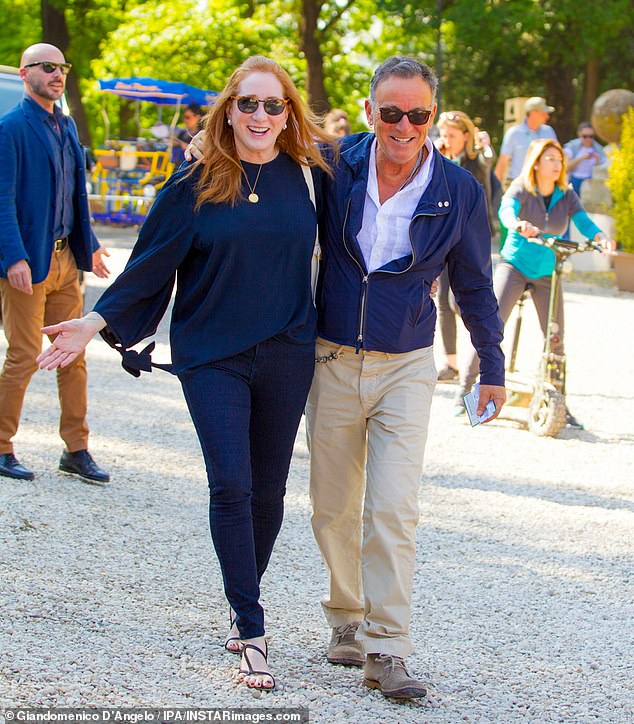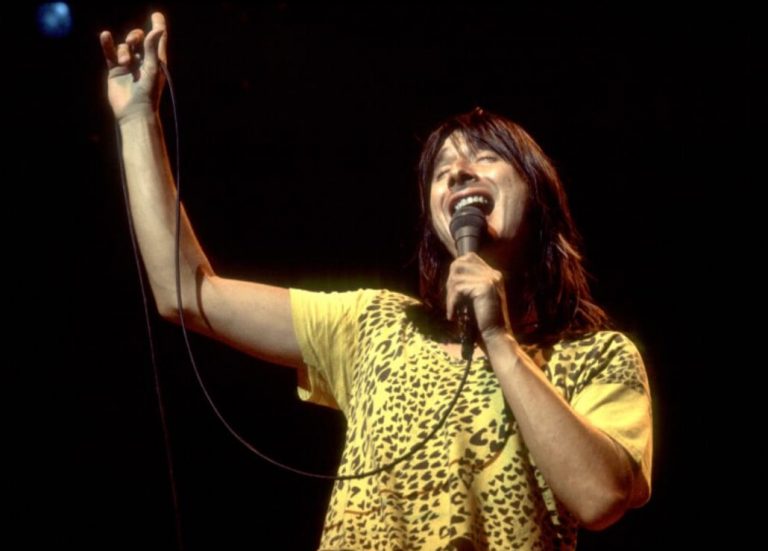In a thrilling twist that electrified concertgoers, the Foo Fighters stunned fans at London’s O2 Arena by bringing out none other than Rick Astley, the beloved ’80s pop icon. Together, they delivered an unforgettable blend of Nirvana’s grunge anthem “Smells Like Teen Spirit” and Astley’s evergreen hit “Never Gonna Give You Up.” The unexpected pairing injected a wild jolt of energy into the night, with Astley lending his signature vocals a gritty, rock-infused edge.
The crowd erupted in cheers as genres collided in perfect harmony, and the band basked in the excitement, proving once again their flair for spontaneity and showmanship. A clip of the performance swiftly made its way online, amassing over 9 million views and sparking a wave of praise across social media.
At 52, Astley’s voice showed no signs of aging, effortlessly holding its power and charm. Frontman Dave Grohl beamed with enthusiasm throughout the performance, clearly savoring the delight of catching fans off guard with such a bold musical surprise.
This wasn’t the first time Grohl and Astley shared the spotlight. Their paths had crossed before—most notably in Tokyo, where a surprise version of “Never Gonna Give You Up” brought the house down. Astley also returned the tribute with a heartfelt studio cover of the Foo Fighters’ hit “Everlong,” striking a chord with audiences worldwide.
Astley later reflected on their impromptu Japanese collaboration, revealing that it was completely unrehearsed. The moment, raw and unscripted, reflected the genuine bond between the artists. He playfully advised viewers about the strong language at the video’s start, chalking it up to the sheer thrill of performing with the band.
This off-the-cuff jam session serves as a powerful reminder of music’s ability to unite and surprise. Sometimes, the most unforgettable performances are born not from planning—but from pure, unfiltered joy.










